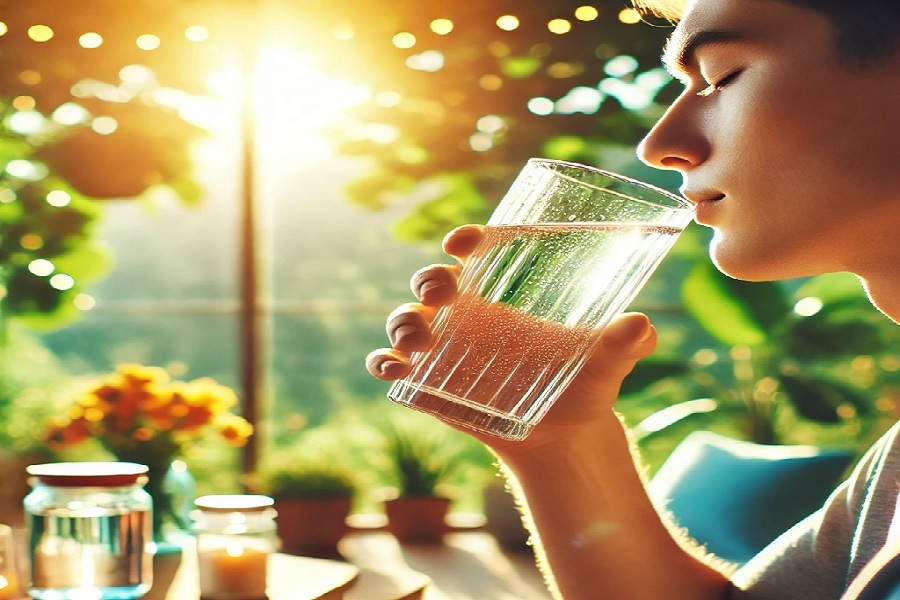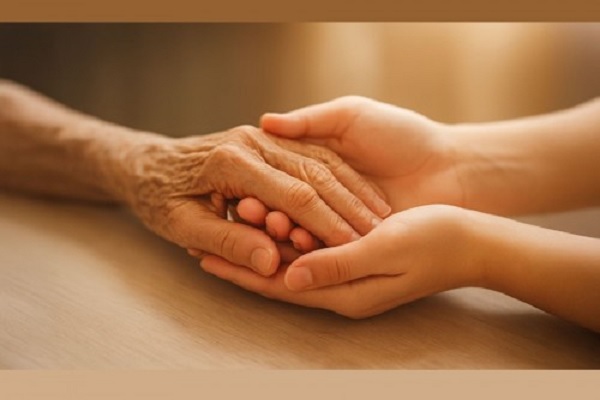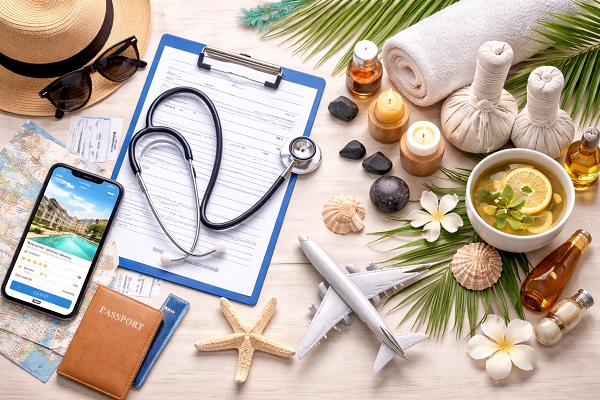To Stay Healthy, Know When and How Much Water You Need to Drink

Water is often called the “elixir of life,” and for good reason. About 60–70% of the human body is made up of water, and every system in the body depends on it to function properly. From regulating body temperature to flushing out toxins and aiding digestion, water plays a vital role in maintaining health. However, staying hydrated is not just about drinking water—it’s also about knowing when and how much to drink.
Why Water Is Essential for Good Health
Maintains Body Temperature: Water helps regulate internal temperature through sweating and respiration.
Supports Digestion: Adequate hydration prevents constipation and ensures smooth absorption of nutrients.
Boosts Energy and Focus: Even mild dehydration can lead to fatigue, headaches, and difficulty concentrating.
Flushes Out Toxins: Water aids kidney function by eliminating waste products from the body.
Healthy Skin: Proper hydration keeps skin soft, supple, and glowing.
How Much Water Do You Really Need?
The common advice of “8 glasses a day” is a good start, but water requirements vary from person to person depending on:
Age
Body weight
Climate
Physical activity level
Health conditions
On average:
Men need about 3–3.5 liters (12–14 cups) per day.
Women need about 2.5–3 liters (10–12 cups) per day.
This includes water from food (fruits, vegetables, soups) and other beverages, not just plain drinking water.
The Right Time to Drink Water
After Waking Up: Drinking 1–2 glasses of water in the morning helps activate metabolism and flush toxins.
30 Minutes Before Meals: A glass of water aids digestion and prevents overeating.
After Exercise: Replenishes fluids lost through sweat and prevents dehydration.
Afternoon Slump: Drinking water instead of caffeine can boost energy and mental clarity.
Before Bedtime: A small sip of water keeps the body hydrated through the night (avoid too much to prevent sleep disruption).
When Not to Drink Excess Water
Immediately after meals: Large amounts can dilute stomach acids and hinder digestion.
During intense workouts: Avoid gulping large amounts suddenly; instead, sip small amounts frequently.
Before medical tests: Sometimes you may need to restrict water intake (e.g., certain blood or urine tests).
Signs You Are Drinking Too Little (Dehydration)
Dry mouth and lips
Dark yellow urine
Dizziness or fatigue
Headaches
Constipation
Signs You Are Drinking Too Much (Overhydration)
Very frequent urination
Nausea or bloating
Low sodium levels, which may cause confusion or weakness
Conclusion
Drinking water is one of the simplest yet most powerful habits for staying healthy. The key is balance—neither too little nor too much. By paying attention to your body’s signals, spreading water intake throughout the day, and adjusting according to your activity level and climate, you can ensure that your body remains well-hydrated, energized, and healthy.





















